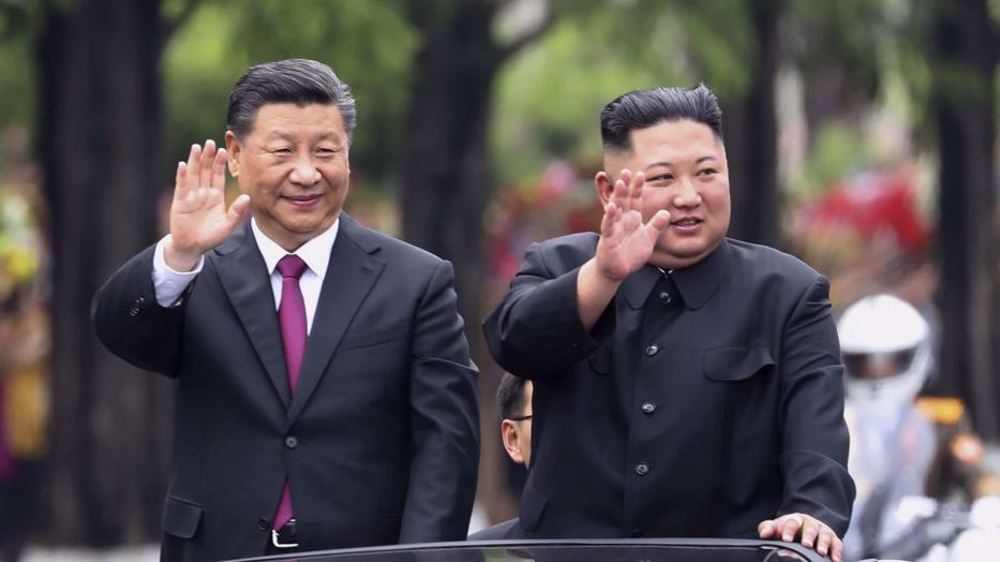



The relationship between China and North Korea is complex, rooted in historical ties from the Korean War (1950-1953) where China supported North Korea against the U.S. This alliance is critical for regional security, with China viewing North Korea's stability as essential to prevent conflict and regime collapse. North Korea relies on China for economic support, receiving food and energy aid, while China uses its influence to prevent North Korea from becoming too strong or destabilizing [5751a823].
On October 6, 2024, North Korean leader Kim Jong Un and Chinese President Xi Jinping exchanged messages to commemorate the 75th anniversary of their diplomatic relations, emphasizing a mutual commitment to strengthening ties. Kim expressed North Korea's dedication to developing friendly relations, while Xi highlighted China's readiness to promote socialist advancement together, reflecting their shared goals of countering U.S. influence in the region [e5304675].
This anniversary celebration comes on the heels of a significant visit by Zhao Leji, a senior Chinese official, to Pyongyang. Zhao's meeting with Kim marked the highest-level talks between the two countries in years and was the first bilateral exchange involving a Chinese Politburo Standing Committee member since the COVID-19 pandemic began. During their discussions, Zhao and North Korean counterpart Choe Ryong Hae focused on enhancing exchanges and cooperation across various sectors [35557cbb].
China continues to be North Korea's largest trading partner and aid provider, viewing the regime as a strategic buffer against U.S. interests. The relationship, established on October 6, 1949, has been characterized by mutual support, particularly during the Korean War [e5304675]. In light of recent developments, including a military assistance pact signed between Kim and Russian President Vladimir Putin in June 2024, North Korea is increasingly looking to bolster its military capabilities while maintaining its vital relationship with China [a3cf112e].
As tensions rise with the United States and South Korea, Kim has emphasized the need for military training focused on guerrilla tactics, showcasing the complexities of international relations in the region as North Korea seeks to navigate its alliances and enhance its military readiness [35557cbb]. Despite ongoing missile tests by North Korea, China is unlikely to abandon its ally due to the potential geopolitical fallout and humanitarian crisis that could arise from a regime collapse [5751a823].